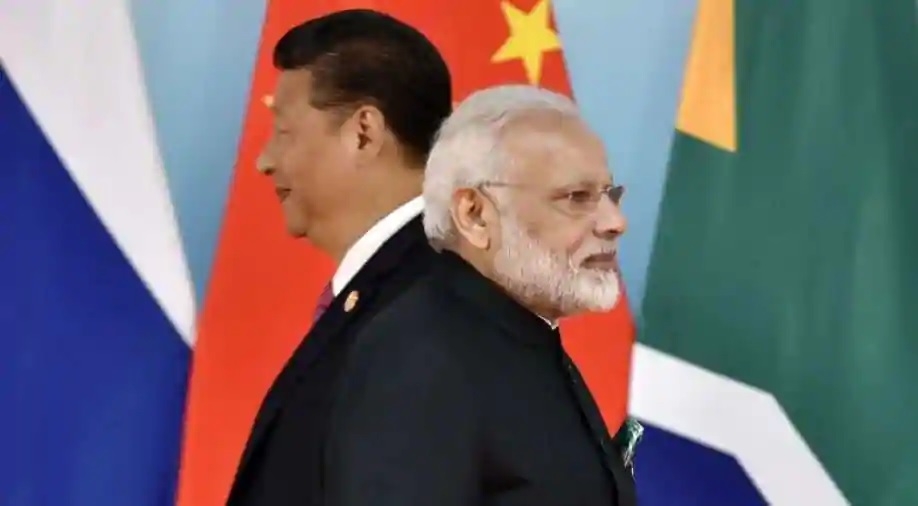new effort
| Date :13-Sep-2020 |

THE five-point plan envisaged by India and China to resolve the current stand-off in Ladakh is a new effort by India to push the right agenda in the direction of establishing peace and tranquility on the Line of Actual Control (LAC). Reports have us believe that it was Minister of External Affairs Dr. S. Jaishankar who took a hard line during the talk refused to accept the line taken by Chinese Foreign Minister Mr. Wang Yi that bilateral relations should be normalised despite the border row. Dr. Jaishankar was resolute in his stance that when the Chinese were all the time messing up peace prospects along the LAC, relations between the two countries could not be normal in other areas.
For all the months during the current stand-off, Beijing has often insisted that the border tensions could be taken care of but the normality in trade relations must be retained. That approach underlined correctly the point where the shoe was pinching on the Chinese foot. Indian leadership was wise enough to realise that continued trade with India was China’s weak point. And Beijing started feeling the heat when India started a calibrated withdrawal of trade engagement through varied channels. Initially, China tried to tell itself that the initial damage to the trade volume was only minimal and so there was no need to be worried. But as India started tightening the screws, Beijing felt that it was a sure way to suffer heavier trade losses.
During the Moscow parley, Dr. Jaishankar stuck to the Indian stance without accepting any compromise, and made Mr. Wang Yi to consider New Delhi’s point of view. The agreement on the five points about disengagement along the LAC came about only after Dr. Jaishankar talked sternly, backed by his lifetime of global diplomatic experience and his lessons during his years in Beijing as India’s Ambassador. Reports have us believe that that hardline approach impacted the talks, leading to China’s willingness to agree on a systematic disengagement.
Of course, this may be only one of the many occasions when similar agreements were arrived at but almost immediately broken by Beijing habitually. Chinese diplomacy is known for its obstinacy, and Dr. Jaishankar was fully aware of that aspect. He refused to be drawn into any other direction during the talks and insisted that time had come to start making the difference by suitable alterations in traditional Chinese conduct of diplomacy. Though using the military leverage to attain diplomatic gains is a usual practice, China is infamous for using that weapon far too often. The success of the Moscow talks depended on how Dr. Jaishankar handled that aspect. There are reasons to believe that he pushed the agenda in the right direction.
Despite this, India will always be cautious about the implementation of the 5-point plan and will monitor its progress meticulously so as not to allow any latitude to Beijing to manipulate things, a point Dr. Jaishankar did not fail to insist upon during the talks with Mr. Wang Yi. Going by those standards, whatever the success of this parley should be credited to Dr. Jaishankar’s diplomatic capabilities.
China’s greatest discomfiture is that it failed to anticipate how India would react to its attempted incursion in the summer. It seemed to have forgotten the tough stance India has adopted during the Doka La stand-off three years ago. Or, Beijing may have even thought that it was one of those rare Indian show-offs and New Delhi would slip into its habitual laxity and timidity. That proved to be a terrible miscalculation -- whose taste the Chinese have had on enough occasions since the stand-off began. The bitter taste of resoluteness of Indian diplomacy during the Moscow talks with Dr. S. Jaishankar was the latest.